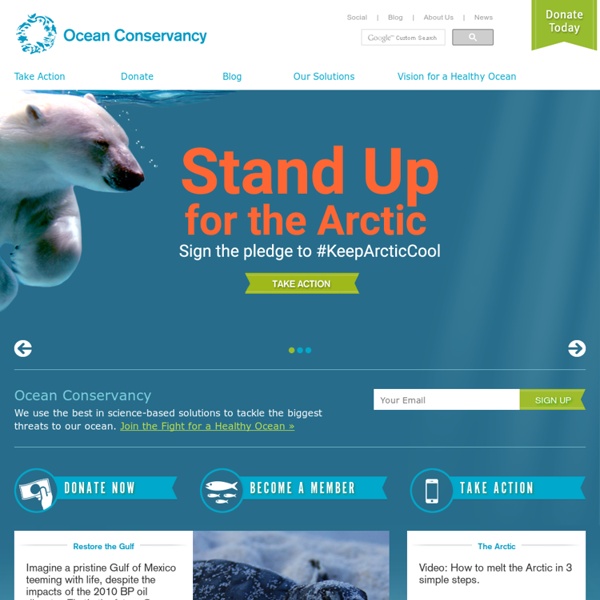



SFE : la Société Française d'Écologie Sea Shepherd International Wellwood Reef Restoration in the Florida Keys Reef Restoration Projects Wellwood Reef Restoration Project On August 4, 1984, the M/V Wellwood, a 122-meter freighter ran aground on Molasses Reef within the Florida Keys National Marine Sanctuary. Due to complications with removal, the ship remained on the reef for 12 days. The total destruction from the grounding included 5,805 square meters of living corals and injury to 75,000 square meters of reef habitat. Learn more about our efforts to rebuild and restore Molasses Reef during the Wellwood Reef restoration project. Columbus Iselin Reef Restoration Project From July through September 1999, the restoration of one of America's most significant coastal barrier coral reefs dating back 4,000 years took place within the boundaries of NOAA's Florida Keys National Marine Sanctuary. The R/V Columbus Iselin Reef Restoration Project joined NOAA staff and contractors in the difficult job of physical reconstruction of four coral reef spurs damaged in the grounding of the R/V Columbus Iselin.
Association pour la sauvegarde de la biodiversité TENDUA a été créée en 2008, après un voyage en Inde où, en dépit de nombreux parcs nationaux, la faune sauvage et ses habitats sont menacés. Le constat est malheureusement planétaire : partout dans le monde, la biodiversité est en danger, sur terre et dans les mers. La 6e extinction majeure de biodiversité est en cours : en 150 ans l’homme a réussi à détruire son environnement comme il ne l’avait jamais fait auparavant. En août 2013, il a été estimé que l’humanité, par sa consommation effrénée, a dépassé la capacité de régénération de la Terre. Les industriels font la course aux brevets sur des animaux et plantes non encore répertoriées qui vivent dans le « no man’s land » océanique ou les rares forêts primaires encore intactes des pays plus pauvres afin d’en tirer un profit sonnant et trébuchant sous le fallacieux prétexte de soigner les maux des hommes des pays riches. Cela étant, nous n’avons plus le temps d’être pessimistes. Une nouvelle relation entre l’homme et la nature
Oceans We defend marine species and habitat from overfishing and a host of other threats from the Sea of Cortez to the Gulf of Mexico and the Atlantic, the Hawaiian archipelago to Japan, and Antarctica north to the Arctic Circle. Ocean waters cover three-quarters of the globe and are vast, mostly undiscovered havens for mysterious and diverse life. But the open oceans are also a free-for-all, barely regulated or policed. International laws to protect them are drastically inadequate to address threats like large-scale commercial fishing, which sweeps life out of the seas at unprecedented rates — often only to discard the unusable “bycatch.” Tragically, that discarded bycatch includes thousands of severely injured or slain sea turtles, seabirds, and marine mammals annually. The Center’s Oceans program: • Secured federal protection for white abalone and elkhorn and staghorn corals, the first-ever marine invertebrates protected by the Endangered Species Act.
Riverkeepers The Environmentalist Sauver les Abeilles Sauvages et Solitaires - mettez les Nichoirs à Abeilles en place Water Clean and plentiful water provides the foundation for prosperous communities. We rely on clean water to survive, yet right now we are heading towards a water crisis. Changing climate patterns are threatening lakes and rivers, and key sources that we tap for drinking water are being overdrawn or tainted with pollution. NRDC experts are helping to secure safe and sufficient water for people and the environment by: Promoting water efficiency strategies to help decrease the amount of water wasted;Protecting our water from pollution by defending the Clean Water Act and advocating for solutions like green infrastructure;Helping prepare cities, counties and states for water-related challenges they will face as a result of climate change; andEnsuring that waterways have enough water to support vibrant aquatic ecosystems. Protecting Clean Water Dirty water is the world's biggest health risk, and continues to threaten both quality of life and public health in the United States.